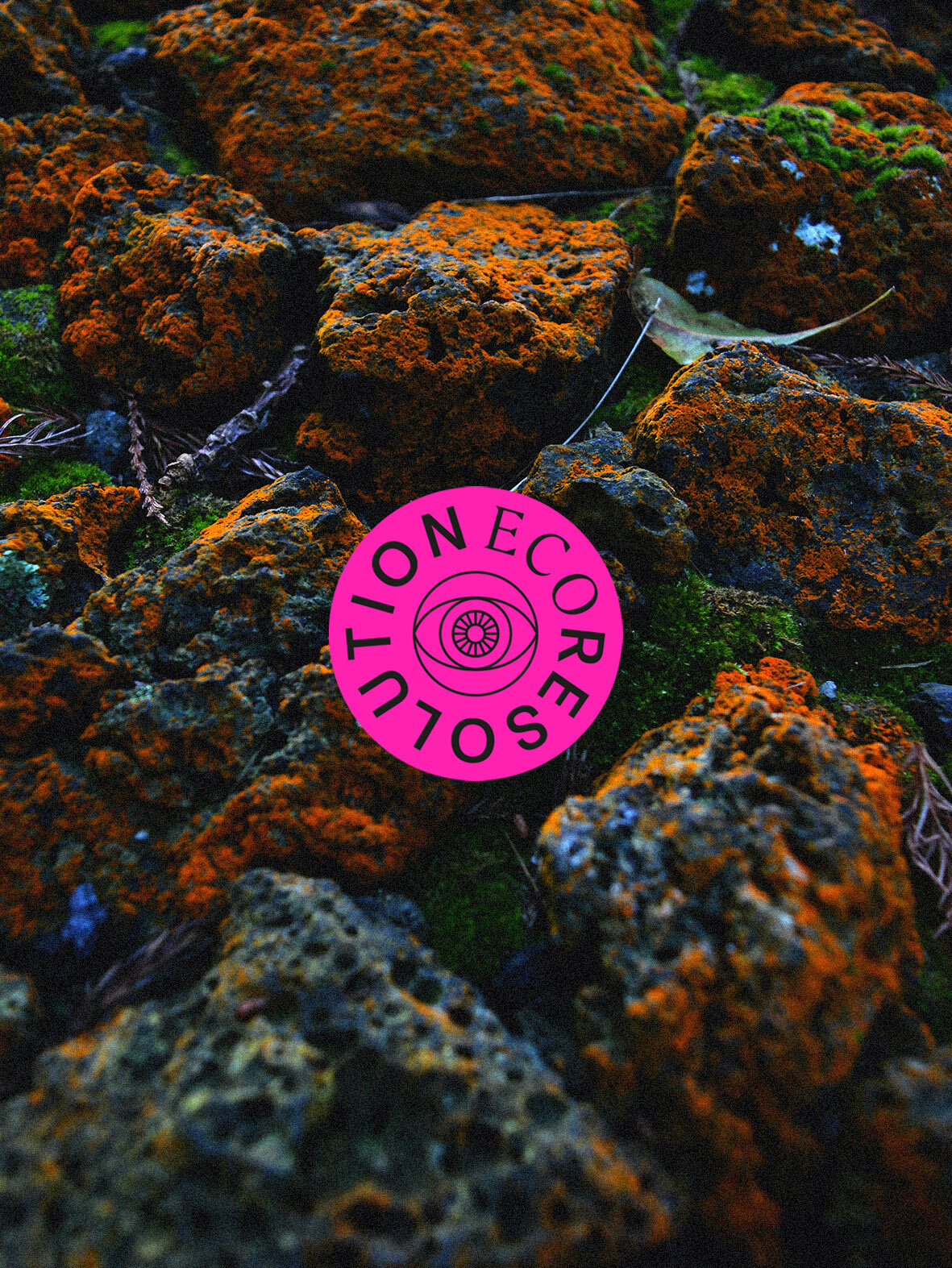What is an Ecosystem?
To be specific, the word ‘eco’ derives from the Greek oikos, meaning home. The ‘system’ here described is any place that organisms and landscapes combine in to create life. Influences range from the vast to the small, the obvious to the seemingly insignificant; factors such as rocks, humidity and temperature all play a vital part, as much as weather systems, trees and animals.
Each part of the ecosystem is integral, as each was built up in communion with all others over time. We are connected by necessity, wholly dependent on the well-being of our environments. This planet is our home, and we are an essential part of it.
How It Works
Earth’s surface is made up of interconnected ecosystems, which are part of a larger biome (i.e., section of land/sea/atmosphere, organised by distinct characteristics, such as a forests or deserts or coral reefs). Within each biome exist multiple ecosystems, like the varying oases, dunes, and marine environments that contribute to the Sahara, for example.
Got it? It’s complicated! Hence: amazing.
The beauty of these individual ecosystems lies in their delicacy, and their essential dependence on each part. Every aspect of an ecosystem depends upon all others involved, and in myriad ways. What would appear to be minor changes—such as slight shifts in temperature (even,say, a cool 1.5°C…)—contribute to its operation (or disfunction). Biotic, AKA living, parts of the ecosystem rely on the abiotic, AKA non-living, meaning the stability of life therein depends on the relative continuation of the way things are now – and generally have been for millennia. But a lot has changed due to human activity. And we’re seeing the effects play out in nature as a result – a relationship now deemed “unequivocal” in the 2021 IPCC report.
Why It Needs Protecting
As the human population continues to expand, rapidly, and without changing our expansive and extractive ways, ecosystems that have operated sustainably over thousands of years have come under dire threat. Agri-business, industrialisation and the global economy have ultimately ravaged our once healthy lands. Deforestation and overfishing have been ruinous for areas such as the Amazon rainforest and Great Barrier Reef – both of which provide vital, natural carbon capture necessary to offset the worst of human damage. But they cannot stand up to the mass destruction of modern advancements, and are buckling under the pressure to do so.
A recent UN report demonstrated that beyond just being “nice to have”, a restored ecosystem is vital to truly sustainable development going forward. Reaching the (less than ideal) <1.5° emissions cap target by 2030 is impossible without efforts at reversing damage to the biosphere, rather than merely protecting what we have left. We can’t skimp on the granular details, in effect: they all have their part to play. As do we.
Where There is Hope
The modern stance is generally to separate humanity from nature, but our existence on Earth tells a different story. For us to thrive as a species, the natural world must also prosper (basically the opposite of the way we’ve been going), yet anthropocentric attitudes have degraded our ecosystem over time. We must now restore the lost balance to ensure our mutual survival.
We commonly frame people as relating to an ecosystem, from the outside, rather than accepting our fundamental role within it: the same forces which created all life quite literally gave birth to us. This is of course why we call it Mother Nature, but often without the warranted reverence. In ecological discussions, we tend to talk about humanity as a blight on the Earth—and true, maybe the current global system is, what with its rampant waste and consumerism, heavy militarisation, and extractive industries — but as a species, we are inherent to the planet’s healthy functioning. We always have been… until about 300 years or so ago. This ongoing harmony is best seen in Indigenous cultures; those living and working in communion with their native ecosystems today.
Far from diminishing our autonomy, recognising this natal link as reality paves the way for ecologically-minded practices to arise in society, highlighting as it does the opportunity for humans to support the home that so generously sustains us – as we, in turn, were intended to do. We can use this awareness to fuel our commitment to ecosystem restoration, providing the role of Earth’s stewards, instead of mere drains on resources (to no end but our own).





